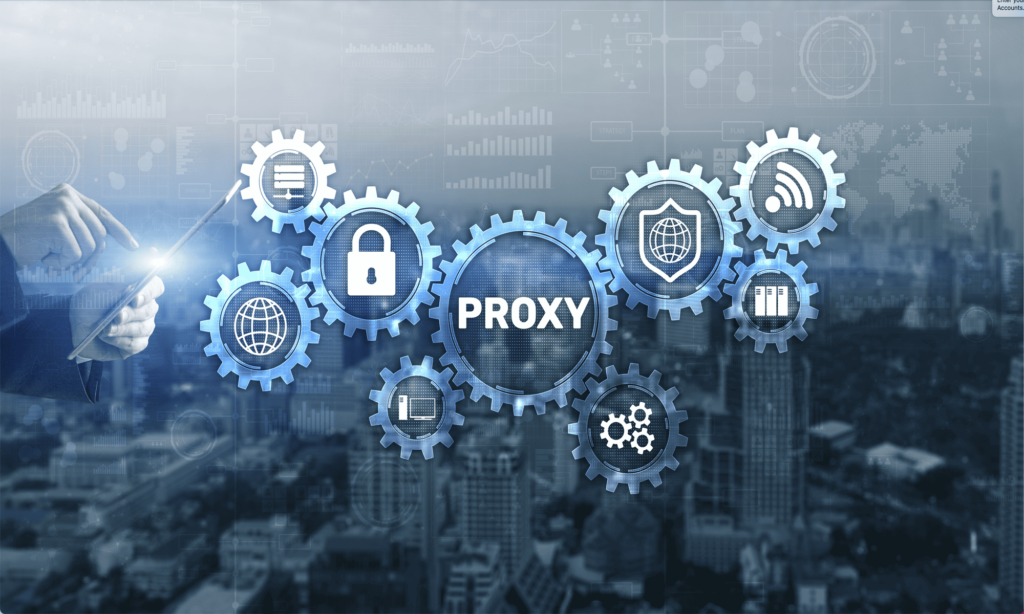In the modern digital landscape, data is the backbone of every business decision. Whether it’s for marketing research, cybersecurity, or automation, companies need reliable and secure access to the web. However, as online restrictions and privacy risks continue to increase, the use of proxies has become a fundamental part of maintaining efficient and safe operations across industries.
What Are Proxies and Why Do They Matter?
A proxy acts as an intermediary between a user and the internet. When browsing through a proxy, your requests are sent through another server that masks your real IP address. This provides anonymity, helps bypass geo-blocks, and allows companies to access region-specific data without revealing their true identity.
In a business environment, this capability is invaluable. Marketing teams use proxies to monitor ad campaigns worldwide, cybersecurity professionals employ them to protect internal systems, and eCommerce analysts rely on them to track competitor pricing and global trends. Without proxies, many of these activities would be limited or easily detectable.
The Advantages of Using Reliable Proxy Infrastructure
Not all proxies deliver the same performance or security. Free and unverified proxy services often cause connection instability, slow response times, or even data exposure. For companies that depend on accurate data and consistent uptime, this can lead to serious operational setbacks.
That’s why working with a trusted provider like Proxy-Seller company makes a significant difference. With premium proxy networks offering IPv4, IPv6, ISP, and mobile options, businesses can ensure fast, stable, and secure access to the web. These proxies are designed to handle high-demand workloads, making them ideal for professionals who need reliability and scalability in their digital operations.
Use Cases Across Industries
- Ad Verification: Marketing agencies use proxies to confirm ad placements, detect fraud, and analyze regional campaigns.
- Web Scraping: Data analysts rely on proxies to gather large-scale information from different markets without triggering IP bans.
- Cybersecurity: Proxies help simulate external access and detect potential vulnerabilities in a controlled environment.
- ECommerce & Retail: Companies use proxies to monitor prices, availability, and reviews across different countries in real time.
The Future of Proxies in a Data-Driven Economy
As automation, artificial intelligence, and global data analytics continue to evolve, proxies will remain a key component of digital infrastructure. They provide the flexibility and protection needed to adapt to new online challenges, ensuring businesses can operate efficiently regardless of location or restrictions.
Proxies are no longer just tools for privacy — they’re the foundation for secure, scalable, and data-focused business strategies. Companies that invest in professional solutions today will be better equipped to compete in tomorrow’s global digital marketplace.

Comments are closed.